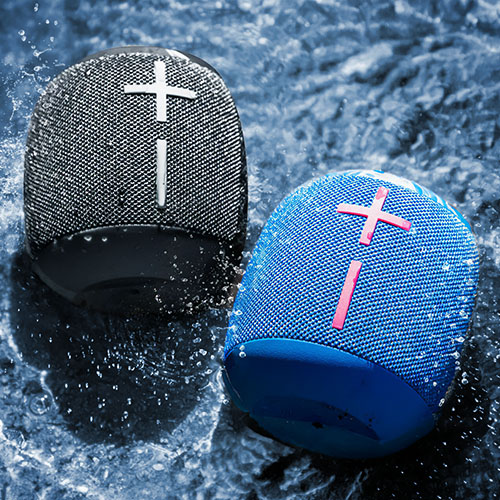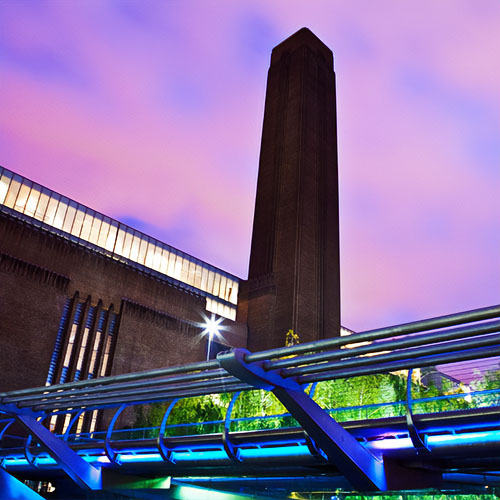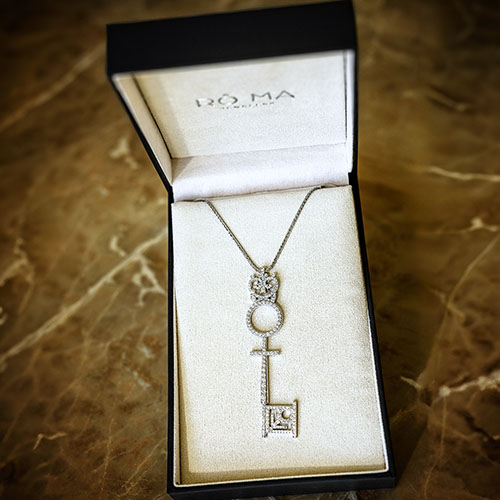Latest from Penthouse
Government
Thirty-Eight Minutes
If one must be terrorized, limiting the experience to thirty-eight minutes seems like a positive. Still, it’s terrifying and all that.

Penthouse Legacy

Knievel as in Evel
Should you never have heard of Evel Knievel, you might gasp a lot less if you remember this little talk happened in 1974. Even having said that, though … Wow.

Chickfights
Female athletes often find themselves unfairly in a role of secondary importance. With “Chickfights” we demonstrate the error in that kind of thinking.






 Penthouse Erudition
Penthouse Erudition







































